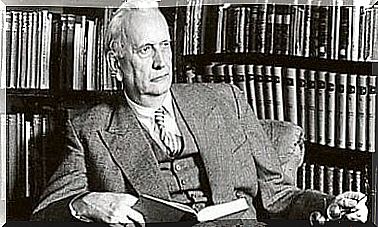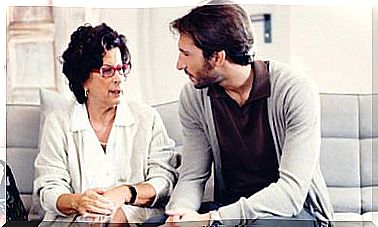Elisabeth Kübler-Ross: The Psychiatrist Who Gave Us Lessons On Death
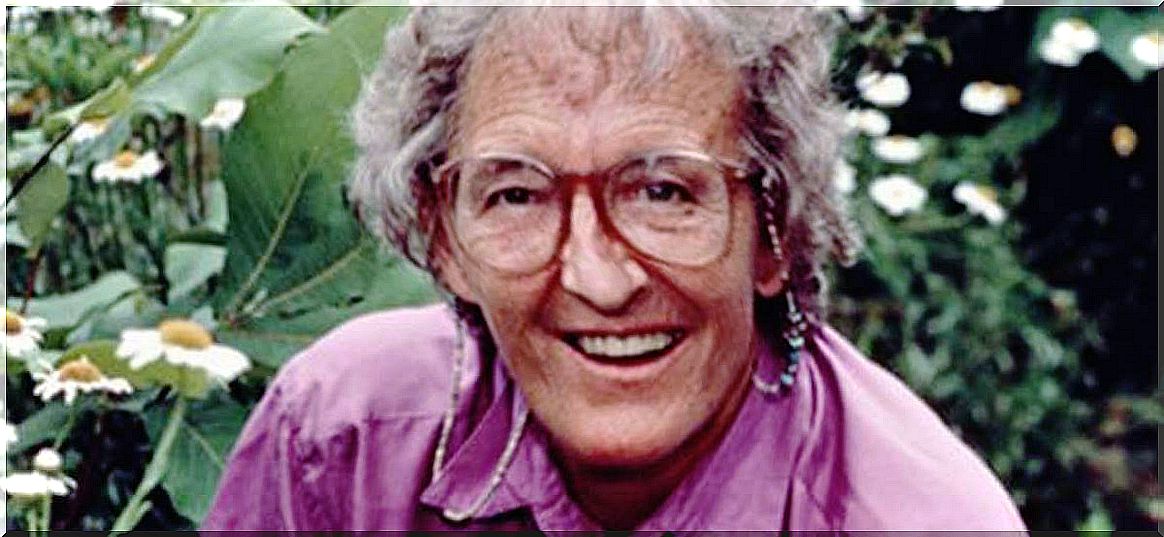
Elisabeth Kübler-Ross changed the way the West observed, treated and understood death. She humanized it and introduced palliative care. He also taught us to face it with his famous theory about the phases of mourning and reminded us that this ending was not so terrible for those who were leaving. It set a trend and left us an undeniable legacy, one that is still very much present.
This Swiss-born psychiatrist was honored at 28 universities. In a documentary that showed much of her work, half the world could see with anticipation how Dr. Ross accompanied the dying and also terminally ill children in her last moments. His sensitivity was absolute, and the way he brought relief and even hope to whoever left and who stayed made history.
They even nicknamed her the “mother of death”, but in reality, she was the “mother of life.” Because if there was something he taught us, it was to understand that human loss is part of our existence. The key is to enjoy each of our days to the fullest, learning to dignify those moments in which people undertake a journey to another plane. One that, according to the doctor herself, is full of love and light.
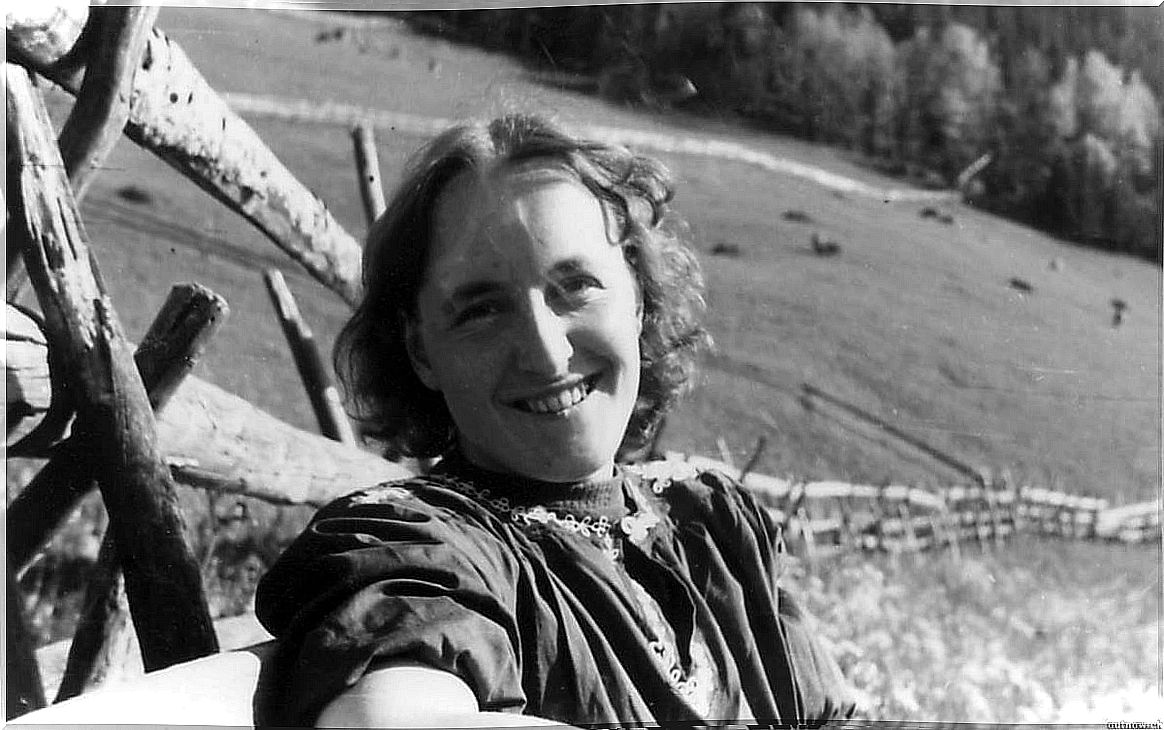
Elisabeth Kübler-Ross: the woman who forged her own career
“You can be a secretary or serve in a house, but you will never study medicine.” This is what Elisabeth Kübler-Ross’s father told her when he told her when he was just over 8 years old about his dream of being a doctor. She was born on July 8, 1926 in Zurich and was the smallest and most fragile of three triplets, but that did not prevent her from leaving her home on her 16th birthday. The paternal resistance was not going to put walls to his wishes and he went his own way in solitude.
She volunteered during WWII, helping in hospitals and caring for refugees. At the end of the war, he managed to obtain his medical degree at the University of Zurich and met a United States doctor. She married him and they moved to the United States, where she managed to specialize in psychiatry at the University of Colorado.
The need to give dignity to the dying
When Dr. Kübler-Ross arrived in the United States, she was shocked by the lack of psychological care for terminally ill people, especially children. He was also aware of the lack of carelessness and sensitivity to the dying, to people who were on their deathbed. He tried to change all that and what started was a necessary revolution.
- It was a pioneer in establishing the modern foundations of palliative care. In his book On Death and the Dying (1969) he exposes the Kübler-Ross model that would begin to be applied in multiple hospitals.
- He also introduced a new subject at the University of Chicago in which he taught understanding of the dying process and the need to support terminally ill people. In those classes, sick people came to those who had little time to live to give their testimony.
Thanks to those classes, he established and defined the stages that a terminally ill person goes through: denial, anger, negotiation, depression and acceptance.
Care for families and mourning the loss
Elisabeth Kübller-Ross helped thousands of families. He did so by providing strategies to accompany the person in agony and on the deathbed with dignity and to deal with the loss once that person had already left. The classic model of grief made it easier to manage the emotions that arise in these experiences.
Likewise, his work and inspiration favored the creation of multiple foundations to promote a dignified death. He even tried to create a hospice for children affected by AIDS, but since those were the first years of the epidemic, he found many criticisms and impediments to carry it out. It was the thorn of his heart.
Dr. Kübler-Ross wrote more than 20 books on death and traveled the world to teach her “Life, Death, and Transition” workshops . The income he earned was invested entirely in organizing retreats to help people overcome losses, deal with their illnesses, fears, and end-of-life anxieties.
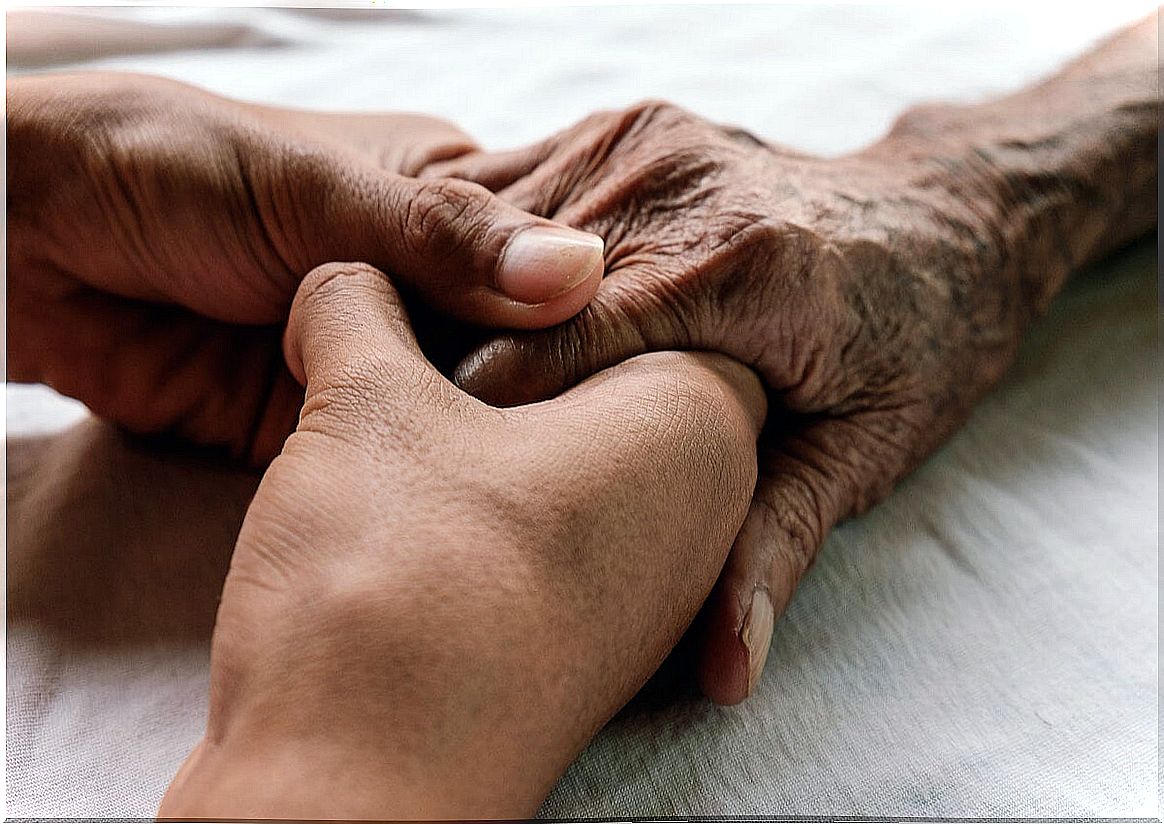
Kübler-Ross: death as a dawn, a transit to another stage
One of his most controversial books was undoubtedly Death, a Dawn . In him he affected a very specific idea, death is simply passing to a new state of consciousness. It is to transcend to a state full of love and indescribable well-being surrounded by light … From there, according to the doctor’s approach, a journey of spiritual growth begins.
This view was criticized by the scientific community. It is true that their models of palliative care and of coping with loss and illness were well received and promoted. However, the aspect related to that more intimate and spiritual vision about what death was for her, was not well received.
Despite this, there are many people who support that idea and who feel comforted by harboring that vision, that perspective. His reassuring and hopeful lessons on death and life are undoubtedly very present today.



